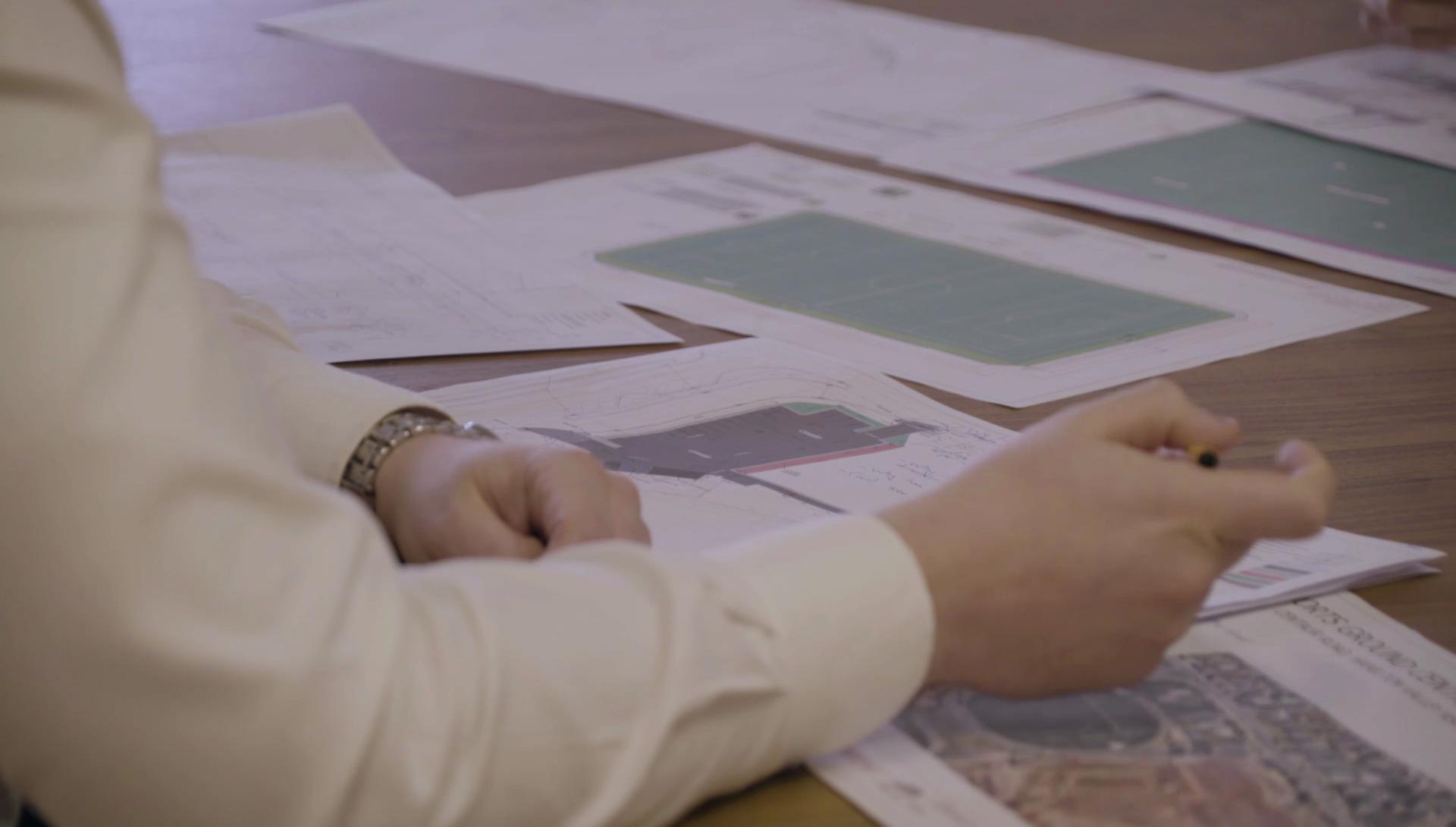At SPORTENG, we believe that the success of any sporting event starts with the quality of the field. Sports engineering is the discipline that brings together science, design, and engineering to create sports fields that are not only functional but enhance performance, safety, and sustainability.

Sports engineering is a specialised branch of engineering that focuses on the design, development, and maintenance of sports facilities, particularly the fields of play. This can include everything from soccer pitches and cricket ovals to athletics tracks and multi-sport complexes. It’s not just about laying grass or synthetic turf; it involves understanding how athletes interact with the surface, ensuring the right drainage systems are in place, and using the best materials to suit the environment and sport.
At its core, sports engineering blends knowledge of biomechanics, material science, turf management, and civil engineering to produce playing fields that are optimised for peak performance and player safety.
At SPORTENG, sports engineering is at the heart of everything we do. Our name reflects this commitment—**SPORTENG** is a fusion of “sport” and “engineering,” highlighting our unique expertise in this field. We apply sports engineering principles from the initial stages of design all the way through to construction and ongoing maintenance.
Our approach includes:
Sports engineering plays a vital role in the success of any sports facility. Here’s why:
At SPORTENG, we take pride in delivering world-class sports fields that meet the unique demands of athletes, coaches, and communities. Our expertise in sports engineering ensures that the fields we design aren't just places to play—they are arenas where athletes can thrive, and the love of sport can grow.
Contact us today to learn more about how our sports engineering expertise can transform your field of play into a high-performance, sustainable space for athletes of all levels.
Like to know about Sports Engineering? Why not arrange a 30 minute phone call with Andrew Morrow, our Commercial Manager, about how it can improve your grounds.
